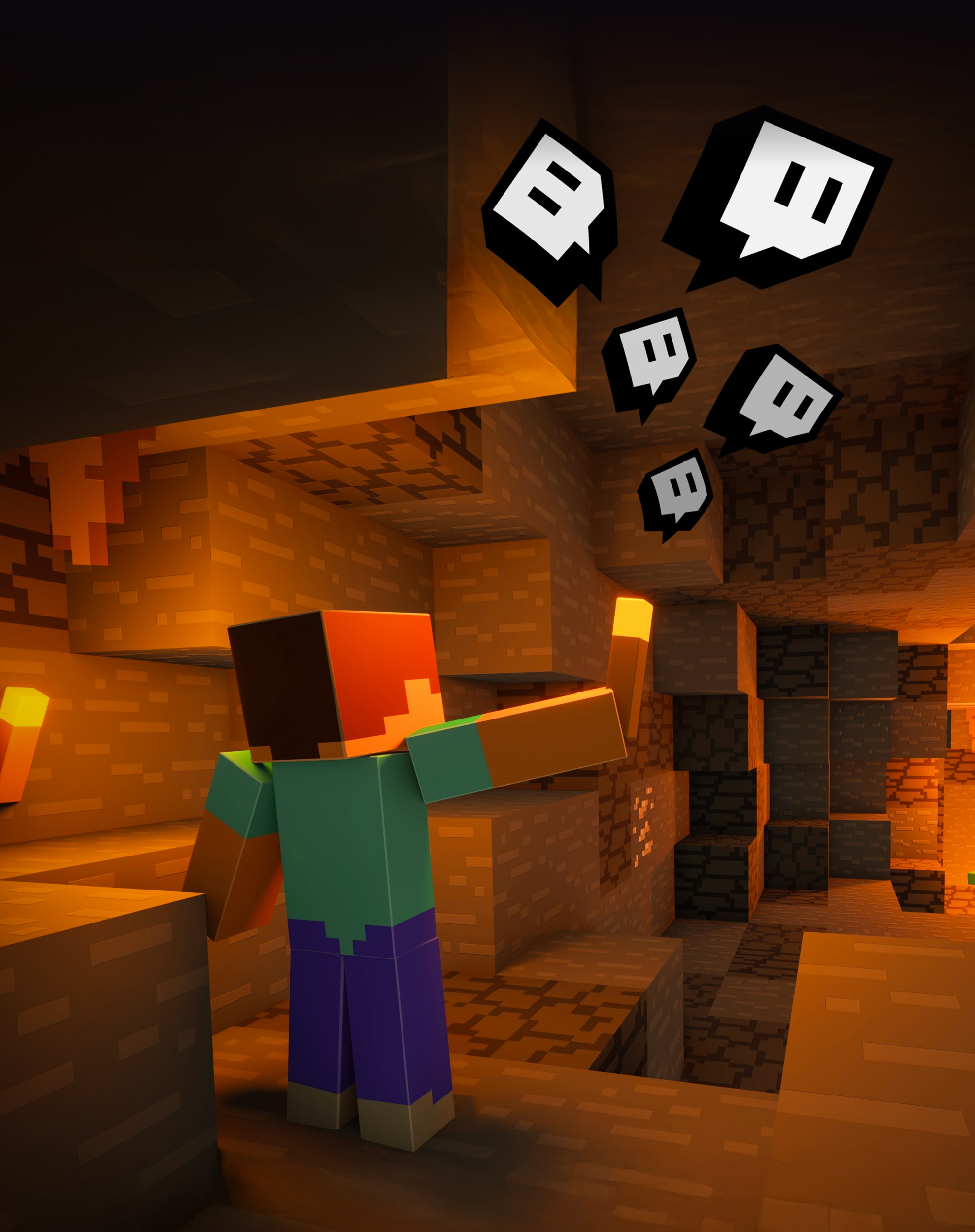Introduction
Talent management is often equated with ensuring there is a healthy funnel of talent being nurtured from early careers onwards.
Companies everywhere are always asking how they can attract Gen Z talent. Asking what channels they are on, and how they can speak to them in their language.
The race for Gen Z is critical and everyone is running to beat their industry competitors.
However, in this haste for early, often cheaper talent, senior experienced talent is overlooked or moved on.
Some organisations are throwing out the boomers with the bathwater.
And in many cases, the implications have seen once famous brands left in very difficult straits.
Effective talent management is crucial for companies aiming to maintain a competitive edge. And the key is to successfully integrate senior talent with young talent. It renews and refreshes senior talent, and it initiates and catalyzes young talent to rapidly grow and reach their potential.
Boring Boring Arsenal
A real-life example of this can be found in a corner of North London.
Where ‘boring boring’ Arsenal became the Invincibles. The story of this undefeated team is a story of effective talent management.
The Scottish manager, George Graham, had built a team in the likeness of his granite jaw. Hard to beat. Determined. Wiley. Boring. With a knowhow that had been perfected and personified by the Tony Adams led offside trap. They were your classic Boomers.
But when Graham was fired and Arsene Wenger hired, he brought with him young talent, that he has scouted from across Europe. They were fast, had flair and had creativity. A sort of Gen Z.
Crucially, though, he didn’t get rid of the more expensive, older team he had inherited. Instead, he forged knowhow with flair to create a new kind of team.
And he created this:

The Invincibles. The first team in history to go undefeated in a 38-game season.
What can we learn from this?
Many companies have got transitional talent management wrong for various reasons.
Cost cutting:
Away from football, it may seem like the best option cases like these is to shed the expensive senior talent. After all, the early talent can learn, have bags of potential and they are tech savvy, so they’ll utilize fast emerging AI tools and become productive very quickly. However, lose too much of your expertise and you are left with talent lost.
What’s the worst that can happen? Well, the development of the Dreamliner 787 provides key insights. Outsourcing to inexperienced suppliers and reducing the roles of seasoned engineers led to cost overruns and delays. These challenges underscore the importance of maintaining a knowledgeable and experienced workforce to ensure quality and efficiency
Restructuring to become more innovative:
When pursuing innovation, organisations often prioritise introducing fresh concepts and technologies. However, this emphasis on the new can sometimes lead to the neglect of institutional knowledge—the accumulated expertise and established processes essential for operational success. This strategy can result in missed opportunities and setbacks, as seen in countless instances of restructuring aimed at fostering innovation. Despite intentions to adapt to changing market conditions, such efforts may inadvertently erode critical institutional knowledge. Consequently, new personnel may struggle to effectively mobilise and create environments conducive to creativity, hindering progress during crucial industry phases.
Embracing the digital
Many bricks and mortar retailers have transitioned to online platforms in a bid to compete with giants like Amazon. However, in this shift, they often parted ways with their critical and respected shop floor staff—the very individuals who crafted the unique brand experiences that initially attracted customers. Ironically, this move inadvertently drove more of their customer base towards online retailers, though not their own, owing to the diminished customer experience.
Striving to emulate Amazon’s model proved to be an ill-advised strategic choice. The talent responsible for curating memorable customer experiences was the primary reason why customers remained loyal. Once that connection was severed, so too was customer loyalty.
Create harmony, outthink the competition
As companies navigate generational shifts, strategic talent management is paramount. Hiring Gen Z individuals injects vitality and innovation into the workforce, but this should complement, not overshadow, the wisdom and institutional memory of experienced employees. Achieving a harmonious balance is key to sustained growth and resilience.






